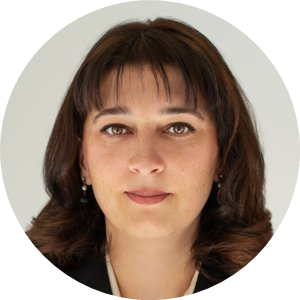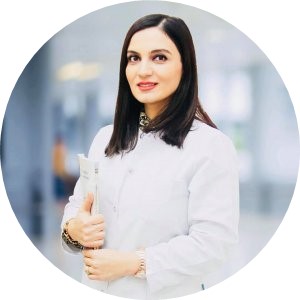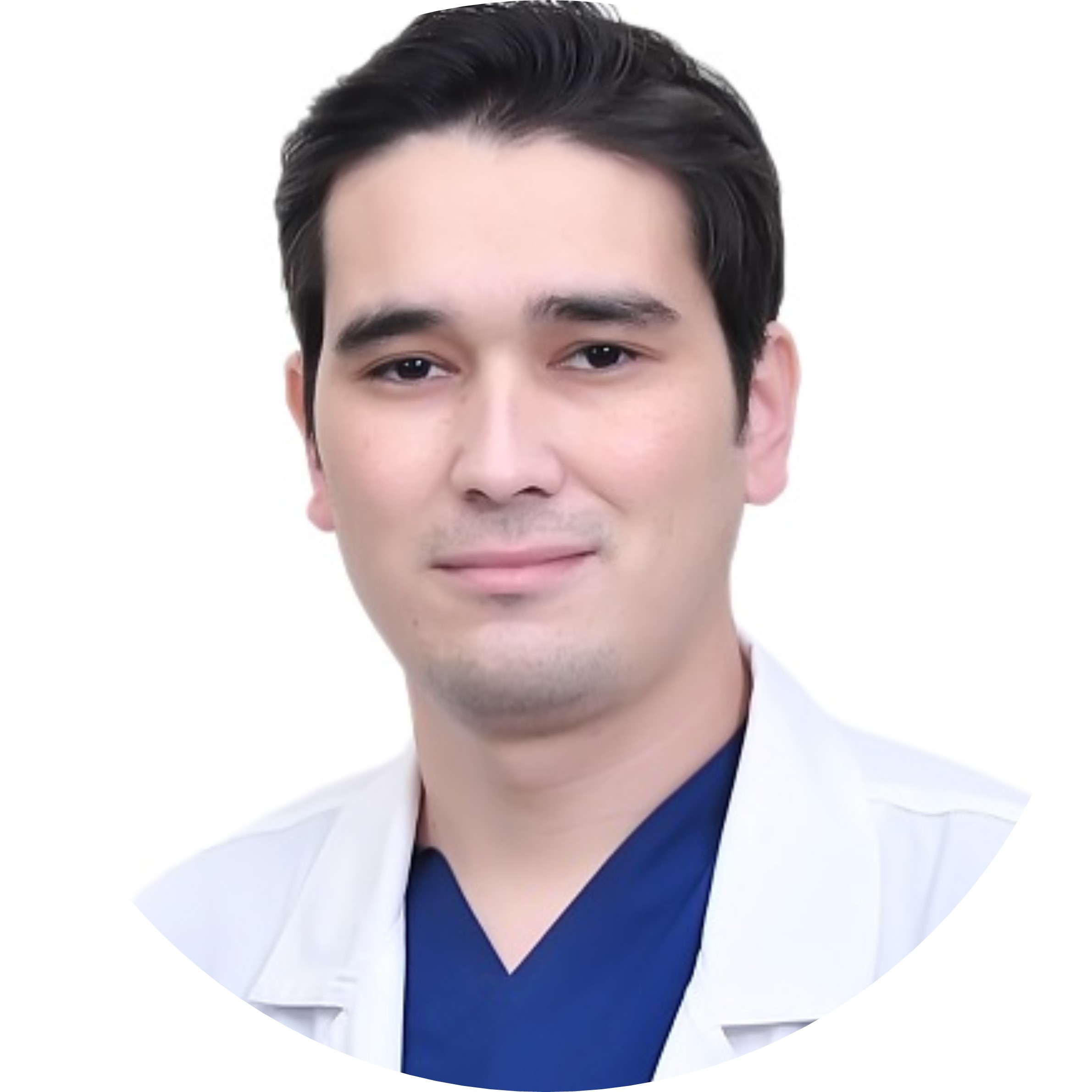OMI Observerships
Since 1998, qualified OMI seminar alumni may spend up to three months in Austrian hospitals to improve their clinical and research skills, learn new techniques and treatment protocols, and experience modern hospital management through the OMI observership program. OMI alumni can apply for either a clinical observership or a research observership.
Observerships
Countries
OMI Clinical Observerships
The OMI clinical observerships provide successful OMI seminar alumni the opportunity to spend up to three visits in Austrian hospitals to improve their clinical skills, learn new techniques and treatment protocols, and experience modern hospital management. A clinical observership usually lasts for one month and takes place in Vienna, Graz, or Salzburg. Through this program, the OMI alumni can build and maintain personal relationships with the Austrian OMI faculty members and explore opportunities for scientific and educational collaborations with their host institution. Observerships often result in ongoing exchange programs between the respective institutions and integrate the OMI alumni into the international medical community.
OMI Research Observerships
The OMI research observerships offer clinicians interested in science and research the opportunity to spend three months in a leading Austrian research institution. Awardees participate in research projects and acquire essential research tools. The OMI alumni can participate in three, three-month research observerships, giving them up to nine months of training time.
Applications for Observerships in 2025 will open in the middle of April 2024.
Frequently Asked Questions
What are the selection criteria?
Only successful OMI seminar alumni may apply for the program. Applicants for an OMI clinical observership must be employed as medical doctors in their home countries and be fluent in English. Before applying for an OMI research observership, candidates must show a documented academic interest (e.g. publications or research projects) and must have completed an OMI clinical observership.
Do I need to speak German?
German language skills are recommended for both the OMI clinical observership and the OMI research observership. For observerships in some medical specialties, e.g. emergency medicine, geriatrics, and psychiatry, German language skills are mandatory.
Which dates are available for an observership?
Observerships are planned on an individual basis together with your mentor.
- Applications until the end of June will be assigned for a spot in the following year between February and June. Those Observership Applications end with an “a” in their code.
- Applications until the end of December will be assigned for a spot in the following year between September and December. Those Observership Applications end with a “b” in their code.
Please keep in mind that we present the chosen applications to our mentors and it depends on their schedule and other factors, if they can take the observers during those exact dates. Therefore, if you should be selected for an observership, we will ask you about your availability after you are selected.
Which documents should I include with my application?
Please apply through the OMI Portal and follow the instructions.
The following documents are required:
- A letter of motivation stating your interests and goals
For an OMI research observership please also include:
- A research proposal (two to four pages) including research topic and methods
- A list of publications and other scientific presentations
- Two letters of recommendation signed by a senior faculty member of your home institution and a faculty member from an Austrian institution
I have already applied for an OMI observership but have not received a positive response yet. Do I have to apply again?
Applicants will be notified via email whether they have been selected or not. If your application was unsuccessful and you are still interested in an observership, we encourage you to apply again for another observership period.
I have been notified that I was selected for an observership - what are the next steps?
Your observership coordinator will reach out to you about your preferred time for an observership. After the OMI received confirmation that your mentor welcomes you at their department for an OMI Observership, you will receive an official invitation letter. This letter contains information like the dates of your observership, your accommodation, travel arrangements and additional useful information about your observership.
You will be asked to provide several documents that are needed for the administration of your observership. These documents can vary, depending on where your observership takes place. Usually these include:
- A Health Certificate which has to be filled out by a General Practitioner
- An immunization record. As a health regulation most hospitals will ask you to have the following vaccinations to start an observership:
- Measles, Mumps, Rubella
- Diphteria, Tetanus, Pertussis, Polio
- Chickenpox (Varicella)
- Hepatitis B or Hepatitis A/B
- Meningococcal vaccine ACWY and Meningococcal B (obligatory at pediatric, neonatology or infectios ward, ICU and microbiology laboratory)
- Three EMA-certified COVID-19 vaccinations
- A scan of your passport or ID
- The OMI cancellation and data protection policy
- The OMI travel form (including travel invoices if you are eligible for reimbursement)
Some of my personal details have changed over the years. What do I do?
Please keep us updated should any relevant information change over time. For example, your last name, workplace, or address.
How long does an OMI observership last? How many OMI observerships can I attend?
The OMI clinical observerships usually last for one month and can be attended three times. Therefore, each OMI fellow is entitled to a training period of three months in total. OMI research observerships last between one and three months and can be repeated up to three times.
Which OMI observerships are available?
The list of available observerships can be accessed on the OMI Portal.
Program Details
Travel Arrangements and Travel Expenses
Please check the OMI Travel and Reimbursement Guidelines for detailed information regarding travel arrangements. The OMI only reimburses according to these guidelines and does not cover any additional expenses. Observers will be reimbursed in Euros.
Observers, who are eligible for reimbursement, should make their own travel arrangements and send their itinerary (including price confirmation) to their OMI coordinator in Vienna. In case of incorrect, missing, or incomplete travel information, the OMI cannot guarantee reimbursement of your travel expenses.
Health Insurance
Doctors from European Countries should have an European Health Insurance Card (EHIC for EU Member Countries), which can be used in public doctor’s practices and public hospitals in Austria in case of emergency need for healthcare. For observers from other countries, the OMI will provide health care insurance coverage during your stay. Please note that this insurance covers emergencies and is only valid in Austria. If you are planning to travel on the weekends, you have to arrange for additional insurance. Furthermore, the OMI provides medical insurance only. It does not cover robbery or theft. Please note that the OMI must be informed of any health problems before arrival in Austria. Observers must pay for any examinations and treatments for any pre-existing conditions.
Accommodation
The OMI provides accommodation for the duration of your stay. Detailed information will be included in the official invitation letter.
Pocket Money
The OMI observers will receive pocket money to help cover expenses in Austria, but they may need to supplement this with their own money.
Case Study and Final Report
The OMI observers must submit a case study and final report to the OMI coordinator in the Vienna office during the last week of their observership before returning home. This case study should be prepared with and signed by the OMI mentor. Excellent case studies may be published in one of the medical journals.
Program Rules
The OMI has established a few rules that observers are expected to obey:
- Attendance at the hospital, at the OMI workshops, and at social events
- No traveling during the week
- A case study and final report must be handed in before the conclusion of the stay
- It is not permitted to bring family members

Anush Barkhudaryan, MD (Armenia)
Observer at General Hospital of Vienna
“Participation in the OMI Research Observership Program allowed me to establish a scientific collaboration with Austrian physicians. The publication of joint scientific articles is expected in peer-reviewed medical journals.”

Rima Ibadova, MD (Azerbaijan)
Observer at Salzburger Landeskliniken
“I think that both of them (seminars and observerships) are great. They give us knowledge and opportunities in different ways. During the seminars we learn about the latest news in our professional field, and during the observership we get an opportunity to see it in practice.”

Otabek Tursunov, MD (Uzbekistan)
Observer at General Hospital of Vienna
“I have witnessed new types of techniques in cardiac surgery which will be the cornerstone of my career. Management and deep care of patients in my hospital could be improved with the help of my experience from this observership.”
Apply
To apply for an OMI observership, please use the online application wizard on the OMI Portal. Applicants will be notified via email once their application has been submitted.
Contact
observerships@openmedicalinstitute.org